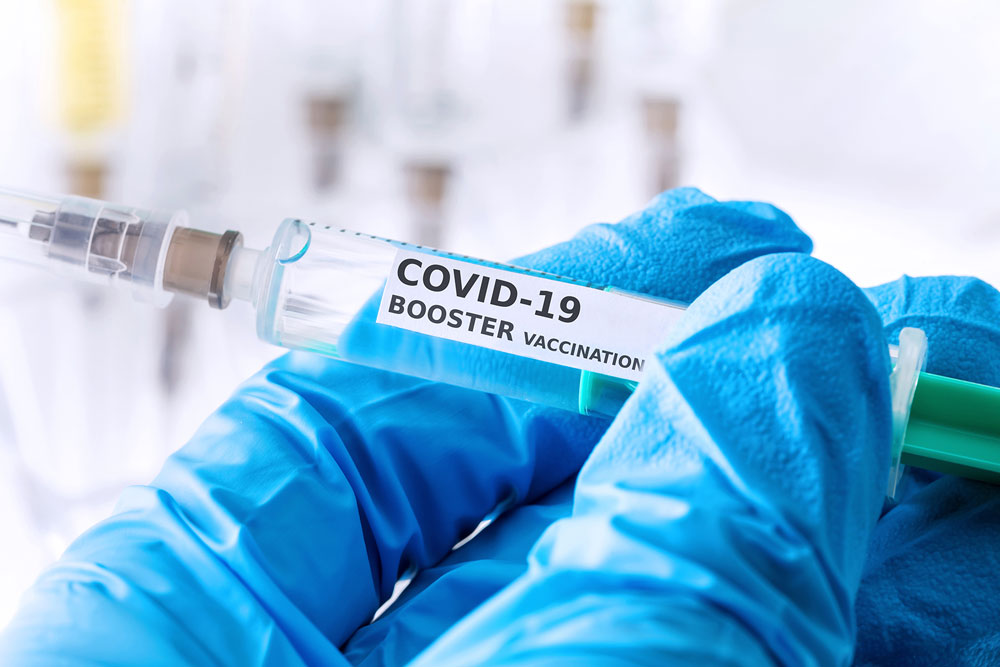
FEMA Administrator Announces 2023 National Preparedness Month Theme – Preparing Older Adults for Disaster
FEMA Administrator Announces 2023 National Preparedness Month Theme – Preparing Older Adults for Disaster

CMS Waivers, Flexibilities, and the Transition Forward from the COVID-19 Public Health Emergency
CMS Waivers, Flexibilities, and the Transition Forward from the COVID-19 Public Health Emergency


Winter Playbook for Nursing Homes and Other Long-term Care Facilities
Winter Playbook for Nursing Homes and Other Long-term Care Facilities to Manage COVID-19 and Protect Residents, Staff, and Visitors
The Biden Administration, Department of Health and Human Services, and CDC released a Winter Playbook for Nursing Homes on January 11, 2023.

Testing and Management Considerations for Nursing Home Residents with Acute Respiratory Illness Symptoms when SARS-CoV-2 and Influenza Viruses are Co-circulating
Testing and Management Considerations for Nursing Home Residents with Acute Respiratory Illness Symptoms when SARS-CoV-2 and Influenza Viruses are Co-circulating
The following practices should be considered when SARS-CoV-2 and Influenza viruses are found to be co-circulating based upon local public health surveillance data and testing at local healthcare facilities. While these considerations are specific to care of residents residing in nursing homes, some practices could be adapted for use in other long-term care settings (e.g. assisted living communities).

Recommendations to Improve EHR-Generated Discharge Summaries for Better Care Transitions to Aging Services
Recommendations to Improve EHR-Generated Discharge Summaries for Better Care Transitions to Aging Services
ECRI and Annals of Long-Term Care: Clinical Care and Aging (ALTC) have joined in collaboration to bring ALTC readers periodic articles on topics in risk management, quality assurance and performance improvement (QAPI), and safety for persons served throughout the aging services continuum. ECRI is an independent, nonprofit organization improving the safety, quality, and cost-effectiveness of care across all healthcare settings worldwide.

LTC Rise Pilot Project
We welcome you to participate in the South Central LTC RISE Pilot Project
Does the staff in your facility need educational resources? If so, we can provide free training for you! Participate in educational workshops.
Your staff can earn a debit card of $20 for up to 30 min of education and $40 for sessions between 30 min and 1 hour. The education can be provided onsite or virtually based on your availability.

South-Central RISE Upcoming Event
Smeal School of Business is offering a FREE Executive Program for the South-Central RISE Project
Communication Strategy for Leaders
- 3-half days, 9-total hours – CE’S AVAILABLE
- August 26, 29 & 31
- From: 1:00-4:15pm
- RSVP at https://cloud.email-smeal.psu.edu/LTCRISE by August 12, 2022

Implementation of Personal Protective Equipment (PPE) Use in Nursing Homes to Prevent Spread of Multidrugresistant Organisms (MDROs)
Source: Centers for Disease Control and Prevention
Summary of Recent Changes and Updates as of July 12, 2022

The Quality of Care in Nursing Homes
Source: National Academies Sciences Engineering Medicine
In 1986, the Institute of Medicine released the report Improving the Quality of Care in Nursing Homes. However, despite three decades of efforts to improve the quality of care in nursing homes, significant challenges still remain.
The current Committee on the Quality of Care in Nursing Homes will examine how our nation delivers, regulates, finances and measures quality of nursing home care, including the long-standing challenges brought to light by the COVID-19 pandemic.
The primary sponsor is The John A Hartford Foundation. Additional support has been provided by the Commonwealth Fund, The Sephardic Foundation, Jewish Healthcare Foundation and The Samuels Foundation.

Sotrovimab No Longer Authorized to Treat COVID-19 in US
For Your Situational Awareness (FYSA): Sotrovimab is no longer authorized to treat COVID-19 in any U.S. region due to increases in the proportion of COVID-19 cases caused by the Omicron BA.2 sub-variant

Updated Reporting Requirements for COVID-19 Test Results
The US Department of Health and Human Services (HHS) and Centers for Disease Control and Prevention (CDC) have recently released updated guidance for reporting results of SARS-CoV-2 test results.
- The Pennsylvania Department of Health (DOH) is making changes to required reporting based on this guidance.
- All polymerase chain reaction (PCR) test results should continue to be reported to Pennsylvania’s National Electronic Disease Surveillance System (PA-NEDSS).
- For antigen tests and tests performed at point-of-care (POC), only POSITIVE test results should be reported.
- Do not report any COVID-19 antibody test results, whether positive, negative, or inconclusive.
- These changes should help reduce the reporting burden on providers and laboratories.
- These changes should be instituted as soon after 4/4/2022 as possible.
- If you have any questions, please call DOH at 1-877-PA-HEALTH (1-877-724-3258) or your local health department.

Update to Recommendations Regarding COVID-19 Booster Vaccination
This transmission is a “Health Update,” and provides updated information regarding an incident or situation; unlikely to require immediate action.
SUMMARY
- Guidance released on March 30, 2022 from the CDC updates COVID-19 booster vaccination guidance and allows for a second booster dose of an mRNA vaccine for certain populations.
- The dose of the second booster dose of the mRNA vaccines is the same as the first booster dose.
- Moderately to severely immunocompromised individuals 12 years of age and older may choose to receive an additional booster dose of an mRNA vaccine at least 4 months after the first booster dose.
- Patients 50 years of age and older may choose to receive an additional booster dose of an mRNA vaccine at least 4 months after the first booster dose.
- All patients who received the Janssen COVID-19 vaccine as their primary series and booster dose may receive an additional booster dose of an mRNA vaccine at least 4 months after the first Janssen booster dose.
- If you have any questions, please call PA DOH at 1-877-PA-HEALTH (1-877-724-3258) or your local health department.
